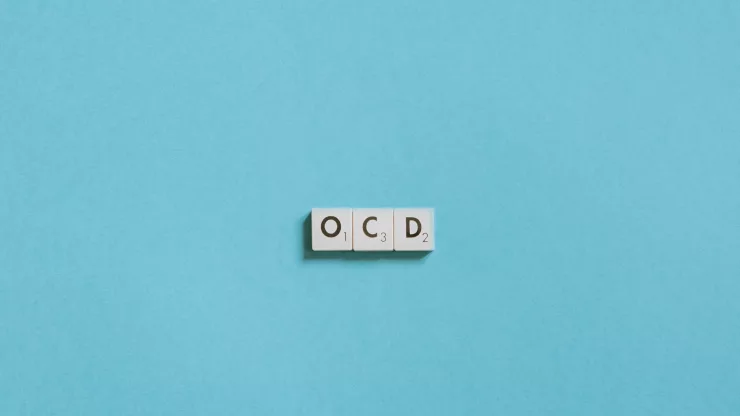Overcoming Substance Use Disorders
Substance use disorders can have a significant impact on an individual’s well-being, including their physical, emotional, and social health.
However, with the right strategies and support, it is possible to overcome these challenges and achieve a fulfilling life in recovery.
In this article, we will explore some effective well-being strategies for individuals with substance use disorders.
Jump to Section
Mindfulness Practices: Fostering a Positive Mindset
Mindfulness practices can help individuals with substance use disorders develop a positive mindset and improve their emotional well-being. Some effective mindfulness practices include:
- Meditation: Practicing meditation can help individuals reduce stress and anxiety, increase self-awareness, and improve their overall mood.
- Yoga: Yoga combines physical postures with breathing exercises and meditation, making it an effective practice for reducing stress and promoting relaxation.
- Mindful breathing: Simply taking a few deep breaths and focusing on the present moment can help individuals calm their minds and reduce stress.
Exercise and Nutrition: Supporting Physical Health
Exercise and nutrition are essential for supporting physical health and promoting overall well-being. Some effective strategies include:
- Regular exercise: Engaging in regular physical activity can help individuals improve their mood, reduce stress, and boost their overall health.
- Balanced diet: Eating a balanced diet that is rich in fruits, vegetables, whole grains, and lean protein can help individuals maintain a healthy weight, reduce the risk of chronic diseases, and promote overall health.
Social Support: Building a Strong Network
Social support is essential for individuals with substance use disorders, as it can help them stay motivated and connected to others. Some effective strategies for building a strong support network include:
- Joining a support group: Support groups provide a safe and supportive environment for individuals to connect with others who are going through similar experiences.
- Building healthy relationships: Developing healthy relationships with family, friends, and other supportive individuals can help individuals maintain a positive outlook and stay motivated in their recovery.
Creative Outlets: Enhancing Emotional Well-being
Creative outlets can be a powerful tool for enhancing emotional well-being and reducing stress. Some effective strategies include:
- Art therapy: Art therapy combines creativity with psychology, making it an effective practice for reducing stress and improving emotional well-being.
- Music therapy: Music therapy can help individuals reduce anxiety and depression, improve their communication skills, and enhance their overall well-being.
- Writing: Writing can be a therapeutic practice, allowing individuals to express their emotions and work through difficult experiences.
Professional Help: Seeking Assistance When Needed
Professional help is essential for individuals with substance use disorders, as it can provide them with the tools and support they need to overcome their challenges. Some effective strategies include:
- Counseling: Counseling can help individuals identify the underlying causes of their substance use disorder, develop coping strategies, and improve their overall well-being.
- Medication-assisted treatment: Medication-assisted treatment can be an effective tool for managing withdrawal symptoms and reducing the risk of relapse.
- Inpatient treatment: Inpatient treatment can provide individuals with a safe and supportive environment for detoxification and recovery.
FAQ
How can mindfulness practices help individuals with substance use disorders?
Mindfulness practices can help individuals with substance use disorders develop a positive mindset and improve their emotional well-being. Some effective mindfulness practices include meditation, yoga, and mindful breathing.
Why is social support important for individuals with substance use disorders?
Social support is essential for individuals with substance use disorders, as it can help them stay motivated and connected to others. Some effective strategies for building a strong support network include joining a support group and developing healthy relationships with family and friends.
What is medication-assisted treatment?
Medication-assisted treatment is a tool for managing withdrawal symptoms and reducing the risk of relapse. It involves the use of medication, such as methadone or buprenorphine, in combination with counseling and behavioral therapy.

With a deep passion for personal development, Ben has dedicated his career to inspiring and guiding others on their journey towards self-improvement.
His love for learning and sharing knowledge about personal growth strategies, mindfulness, and goal-setting principles has led him to create My Virtual Life Coach.
Contact Ben at [email protected] for assistance.




